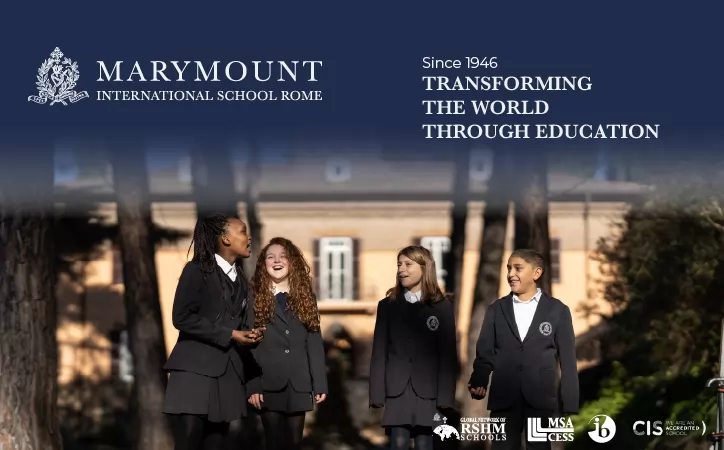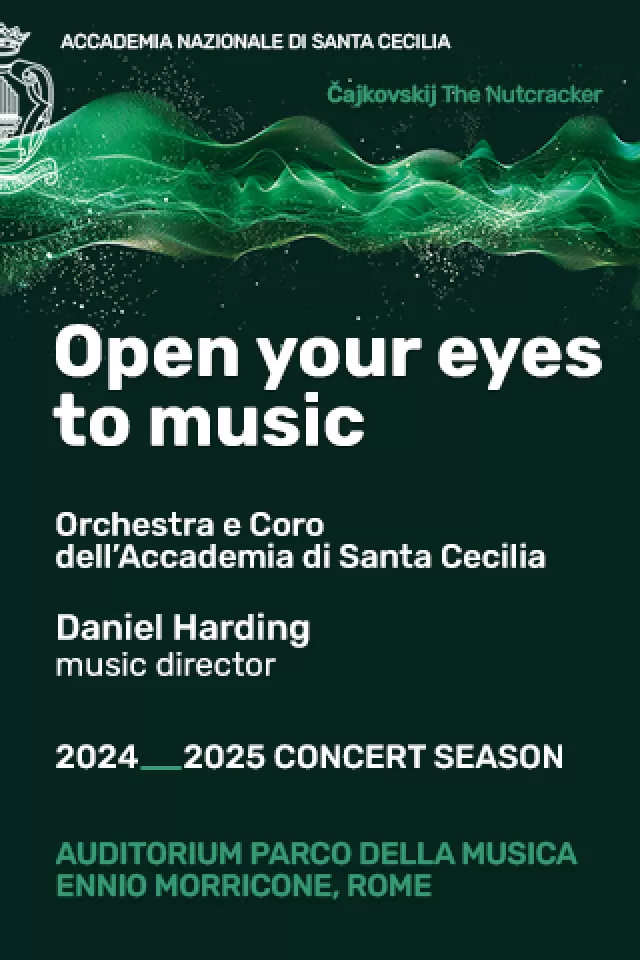Why do people want to study Italian?
Art, culture, music, food and wine: is this all Italy and the Italian language has to offer? Why is the language of a small country like this the most widely taught languages in the world? If you are interested in knowing more, see below the results of student surveys carried out by the Italian language school Torre di Babele.
The school’s observations and results are confirmed and corroborated by data from Italiano 2000 De Mauro et al and by the Annuario Statistico MAE (MAE Yearbook) of the ministry of foreign affairs. The data shows that interest in the Italian language is not only growing, but it is also related to different reasons aside from historical and cultural factors.
Some data about the Italian language and Italian courses for foreigners
The Statistical Yearbook of the foreign ministry, in its latest version dated 2012, shows how in the previous two years the Italian Institutes of Culture – historical and strategic centres for spreading the Italian language globally – have organised 7,335 Italian courses around the world for 71,207 subscribers, increasing by 12.8 per cent and 0.6 per cent, respectively, in comparison to 2010.
Those numbers are growing, given that the Italian law 151/73 allowed emigrated young people of Italian origin and descendants of emigrated Italian workers to receive an Italian language training. This means that many of them have chosen to learn the bella lingua, with courses provided by Italian Cultural Institutes, universities, language schools, training centres and chambers of commerce, state or private schools.
Obviously, the fragmentary nature of these institutions does not facilitate the global measurement of Italian speakers, but reliable data from Italiano 2000 estimates that Italian is the fourth / fifth most studied language in the world.
Among other things, the project called Language Rich Europe - Trends in policies and practices for multilingualism in Europe reveals that Italian is in fifth place among the 20 most widespread languages in newspapers in 24 European capitals – after English, German, French and Russian.
The same data shows how Italian is the fifth most popular language for business in the 24 European countries involved in the project / research and in eighth place among the 20 languages most present in public services.
Who speaks Italian
Ethnologue, which lists more than 6,700 languages spoken in about 228 countries worldwide, shows that Italian is the de facto first language spoken not only in Italy, but also in the Republic of San Marino, in the Vatican State and in Switzerland.
Also the region of Istria in Croatia and Slovenia recognise it as an official language, while in Somalia, Italian is officially recognised as a second language.
Italian is also widely spoken in Argentina as well as in many parts of Europe, in the Balkans and in the Middle East.
From an estimate made by AIRE – Anagrafe Italiana Residenti all’Estero (Register of Italian living abroad) – in 2012 there were 4,208,977 Italian emigrants maintaining the use of the Italian language, also involving other indigenous peoples.
Why do you study Italian?
Based on the research of the Torre di Babele, the Italian language school in Rome, the main reason for learning Italian remains the fact that it is the language of one of the countries with the most artistic and cultural heritage in the world.
This is followed by people learning Italian for entertainment in their free time: some appreciate the musicality (17.5 per cent), others will learn it to speak with the locals when on holiday (18 per cent), others because Italian is the language of good eating/drinking (16 per cent).
Finally, a smaller percentage of people identify the knowledge of Italian as being related to design and fashion (10 per cent) or to the fact that one of their ancestors was Italian (5.7 per cent).
Although the survey results come from a single language school, the scenario outlined reflects the one highlighted by Italiano 2000, showing that, together with the "traditional" motivations pushing people to learn Italian for reasons of culture and tradition, Italian is learnt as a first choice for leisure (32.8 per cent), but also for work reasons (in 22 per cent of cases).
About 8 per cent of the people surveyed cited personal reasons, such as having an Italian partner.
Torre di Babele promotes Italian language courses in Rome that combine the various key aspects identified in the survey, providing different types of Italian classes to allow anyone to learn more about the bella lingua.
The Italian language school Torre di Babele has been in business since 1984, is recognised by the Ministry of Education and can educate not only students from the various nations of the world, but also teachers of Italian for foreigners. For 12 years now the centre, as well as offering courses in Italian both for beginners and for improvement, has achieved the DITALS accreditation, that is a certification attesting the skills of those who want to teach Italian to foreigners.





















